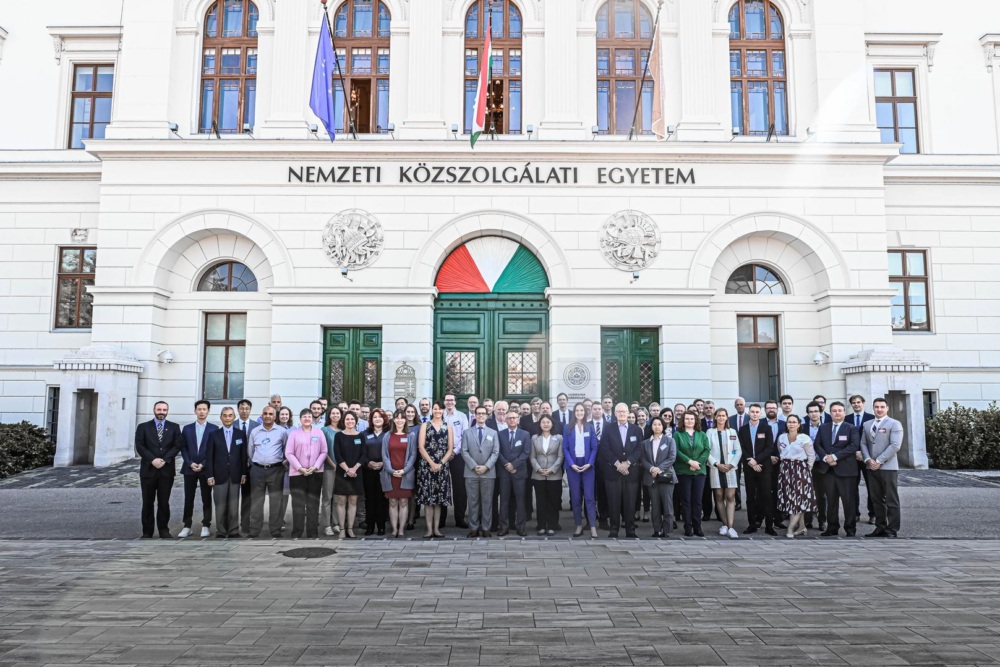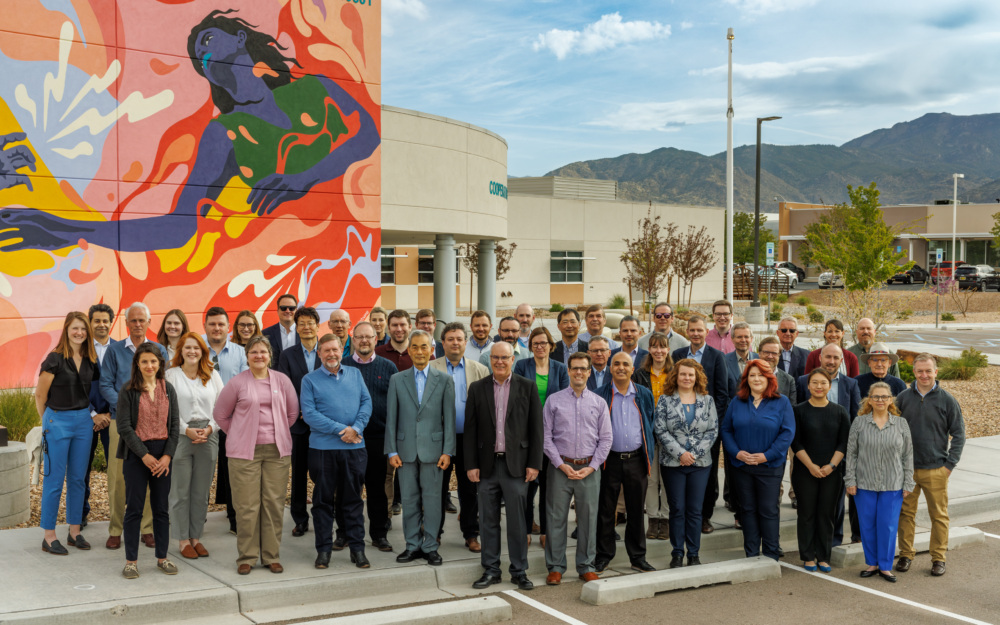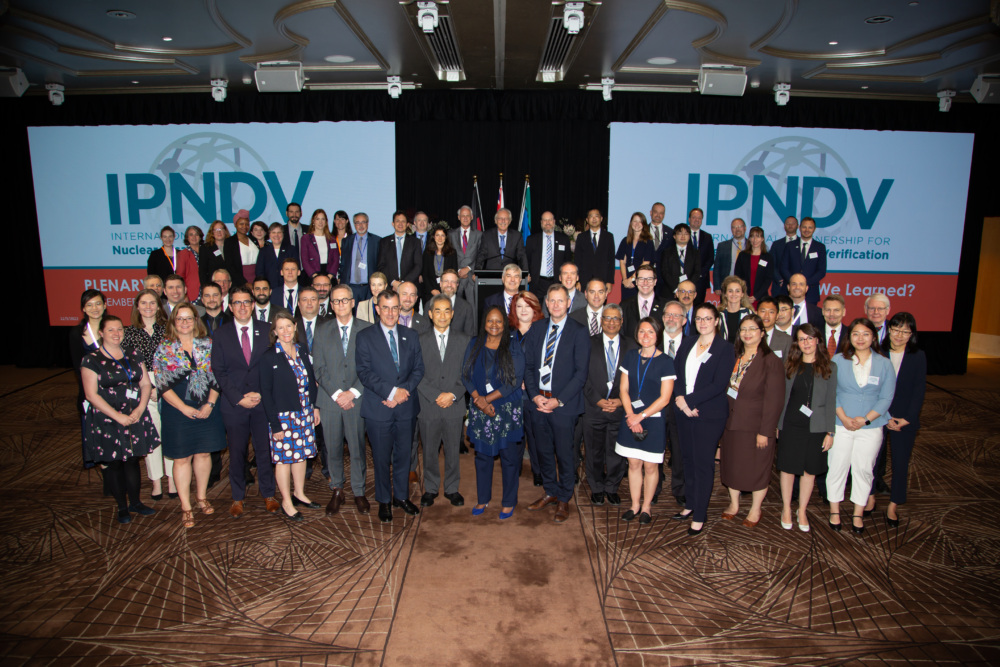
Corey Hinderstein
Vice President, International Fuel Cycle Strategies
New Book Outlines Technical and Political Challenges, Cites Optimism for Working Toward a World Without Nuclear Weapons
A new book from the Nuclear Threat Initiative (NTI) concludes that verifying, monitoring and enforcing agreements on the path toward a world without nuclear weapons will be complex and challenging—but also finds that the international community already knows how to solve many of the related technical and political problems.
Cultivating Confidence: Verification, Monitoring, and Enforcement for a World Free of Nuclear Weapons (Nuclear Threat Initiative, 2010) supports the work of the Nuclear Security Project— led by former Secretary of State George P. Shultz, former Secretary of Defense William J. Perry, former Secretary of State Henry A. Kissinger and former Senator Sam Nunn—in defining major mileposts on the path to disarmament by addressing gaps in conceptual frameworks and technical details. Addressing verification, Cultivating Confidence contributes to a blueprint of actions that future government leaders will need to guide policymaking and diplomacy to reduce nuclear dangers.
“Although many questions still need to be answered, it is gratifying that work over the last several decades has resulted in significant technical accomplishments with a direct bearing on our ability to envision and implement a credible verification regime on the path to and in a world free of nuclear weapons,” said former Senator Sam Nunn, NTI's Co-Chairman. Among the findings is the need to:
The book also highlights clear challenges, some of which will require significantly evolving the safeguards system of the International Atomic Energy Agency (IAEA) and other instruments:
Finally, the book offers steps that can be taken now to begin addressing these challenges, including each state undertaking a full accounting of its own nuclear material and weapon inventories to improve baseline information. States could also prepare civil nuclear enterprises to accept full-scope safeguards where they currently are not implemented. States can be expected to increase investment in intelligence analysis of nuclear weapons programs and civil nuclear activities worldwide.
The ten contributors to the book are among the top international experts in the field, having worked at high levels in governments, at national laboratories, and the IAEA. Corey Hinderstein, NTI Vice President for International Programs, edited the book and wrote the introduction.
The Nuclear Security Project, launched in 2007, has helped reframe the global debate on nuclear issues and has garnered significant global and domestic attention, increasing the political space for addressing global nuclear dangers and advancing understanding of the steps needed to reduce nuclear dangers. NTI works with the Hoover Institution to coordinate the work of the principals and manage the project. More information is available at www.nuclearsecurityproject.org.
###
Cultivating Confidence: Verification, Monitoring and Enforcement for a World Free of Nuclear Weapons
Corey Hinderstein, editor
ISBN: 978-0-8179-1205-5
Pub Date: October 01, 2010
Price: $19.95
www.nuclearsecurityproject.org/confidence
Sign up for our newsletter to get the latest on nuclear and biological threats.
The International Partnership for Nuclear Disarmament Verification (IPNDV) convened its most recent working meeting in Budapest, Hungary from September 4-8, 2023.
The International Partnership for Nuclear Disarmament Verification (IPNDV) convened its most recent working meeting in Albuquerque, New Mexico from April 24-28, 2023, hosted by Sandia National Laboratories.
The International Partnership for Nuclear Disarmament Verification (IPNDV) held its annual plenary meeting in person from December 5-9, 2022, in Sydney, Australia. This meeting of the IPNDV was generously hosted by the Australian Safeguards and Non-Proliferation Office (ASNO).


